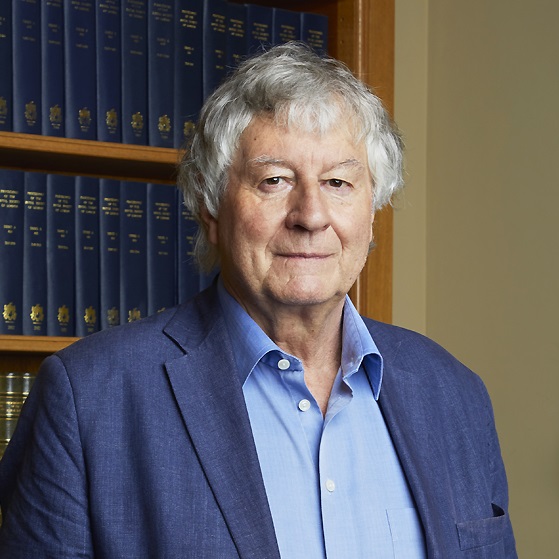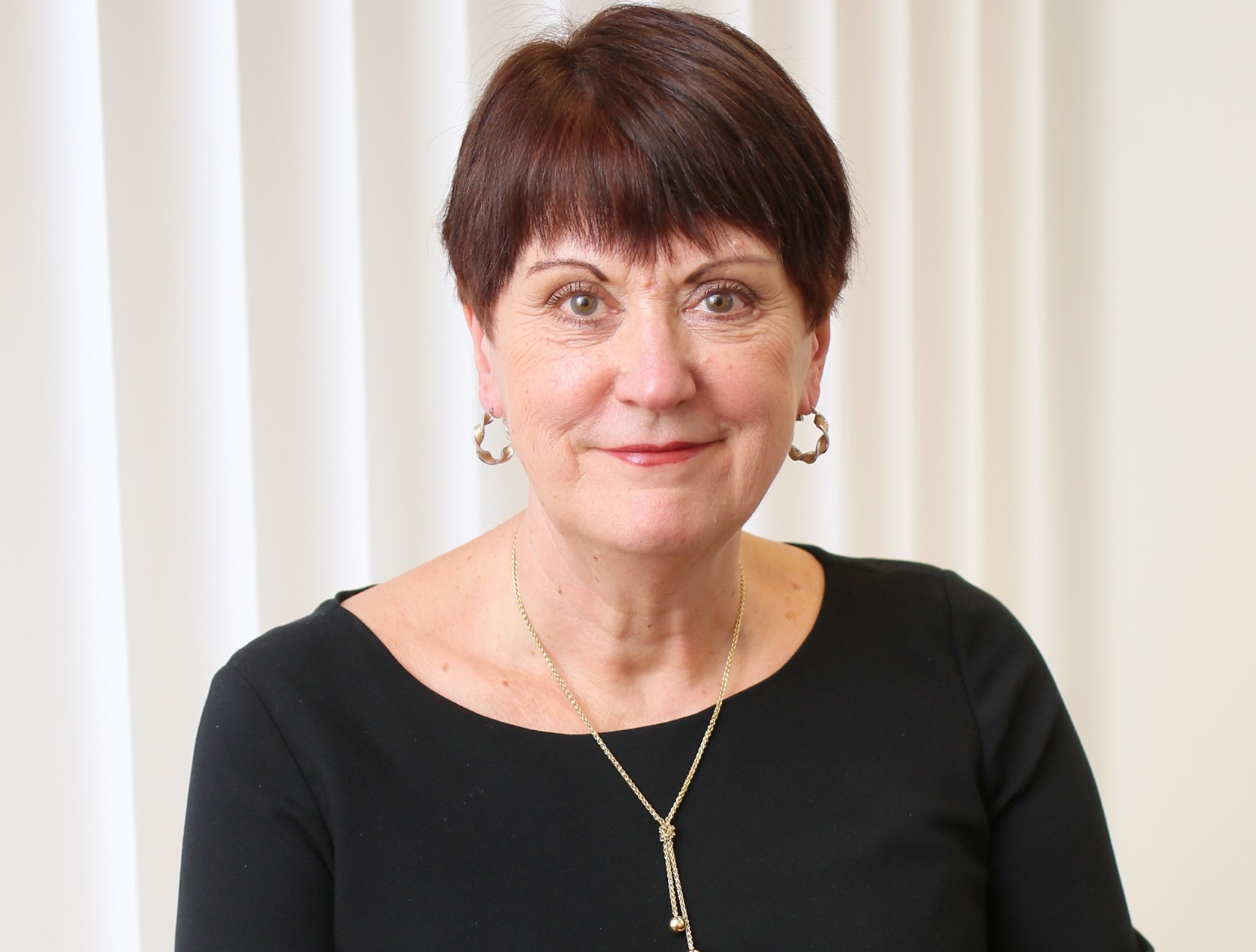Professor Lord Richard Layard considers the importance of wellbeing and happiness amongst our young people for their future.

For centuries, it was taken for granted that happiness was the most important goal of life. Jeremy Bentham argued for the greatest amount of good for the greatest number of people, while the US Declaration of Independence enshrines the right to ‘life, liberty and the pursuit of happiness’.
Money versus happiness
Yet at some point in the 20th century, this goal became sidelined as economic growth was the most important priority. Economic progress ceased to be viewed as a means to an end, but rather as an end in itself, with measures such as GDP used as the primary way to judge a country’s success – despite Robert Kennedy’s famous assertion that it measures “everything, in short, except that which makes life worthwhile”.
Recent years have thankfully seen a reaction to this dogma, with the realisation that humans do not simply act to maximise their economic gains. There are other things that matter to us – happiness being one of the most critical.
All of which begs the question, what actually makes us happy?
A wealth of research over recent years has given us a much better picture of what makes us happy, most simply measured by asking how satisfied people are with their lives. Money is not irrelevant, but it is not as strongly associated with happiness as, for example, relationships, and both physical and mental health.
How not to be happy
Unfortunately, as humans, we are not good at predicting what will make us happy or unhappy. We wildly overestimate how happy a lottery win will make us, for example. All too often, we are driven by a desire to succeed or acquire material wealth, only to discover that it has not made us happier – and, worse, it has actually made us unhappier by causing us to neglect the things that would have brought us pleasure, such as family and friends.
This reflects three key aspects of the human psyche. First, we constantly compare ourselves to others; if others get wealthier as we do, we feel no better off. Secondly, we adapt to increased income, and what is seen as a sufficient income gets ever higher. And thirdly, our tastes change, and we desire ever more expensive things. We therefore end up on a treadmill where satisfaction is constantly just out of reach.
The pressure to succeed
Research has also given us important insights into the wellbeing of young people. Again, there is good evidence that financial status is only one factor affecting happiness. A stable family life, particularly a mother’s mental health, and school experience – such as having well-liked teachers – are more significant. What is also striking is that the happiness of young adults is predicted much more by their wellbeing as children than by their academic achievements.
This is troubling when we consider that young people’s mental health has been deteriorating markedly in the UK in recent years.
In part, this decline reflects the pernicious impact of social media. But many young people are also under unprecedented pressure to achieve academically from an early age – to get into the right school, for example – and to pass exams. Parents believe that academic achievement is a route to a better life, schools obsess about league tables, and politicians are bewitched by international comparisons and fear we will fall behind nations whose hot-housed students top international league tables.
It’s time we recognised that the current model is not good for young people – and, worse, it could prove to be counter-productive to our future. High levels of stress inevitably have a damaging impact on mental health, and are hardly likely to inspire young people to continue learning throughout their lives. Conversely, a greater sense of wellbeing will create a more resilient and productive workforce – worryingly, depression and anxiety now account for more than half of all working days lost to ill-health.
Wellbeing as the goal
We therefore need to end our obsession with academic achievement as the sole arbiter of schools’ success. Many schools pay lip service to the development of well-rounded individuals – we need to make it a reality for all.
For example, we already teach life skills in Personal, Social, Health and Economic (PSHE) lessons, but we do not evaluate PSHE like we do academic subjects. We need to find more space in the school day for developing the life skills that will boost young people’s ability to make choices that promote their long-term wellbeing and happiness, that encourage them to consider their impact on others, and that enhance their resilience to adversity.
Most importantly, we need to find a way to measure a school’s ‘pastoral’ abilities as well as its academic achievements. Only by measuring it can we be sure it will be prioritised and valued. It can be too easy for cynics to dismiss these ideas as ‘fluffy’, or unrealistic in a harsh, competitive world. They are wrong.
Several countries are beginning to take the issue seriously, and are proving that with the right approach a step-change is possible. New Zealand, for example, has adopted wellbeing as its goal using a Happiness Index. We can ask ourselves, would the gains in health and happiness delivered by a system that better valued and protected young people’s wellbeing offset any potential impact on GDP?
One thing which is for sure is that almost everyone accepts that teaching solely to pass exams – ‘teaching to the test’, as it is known – is at best a short-term solution and at worst counterproductive.
This piece is part of the Royal Society’s Envision project. Envision brings together thought leaders to discuss what the UK education system should look like in order to prepare students to flourish in a changing world of work in the 21st century.







